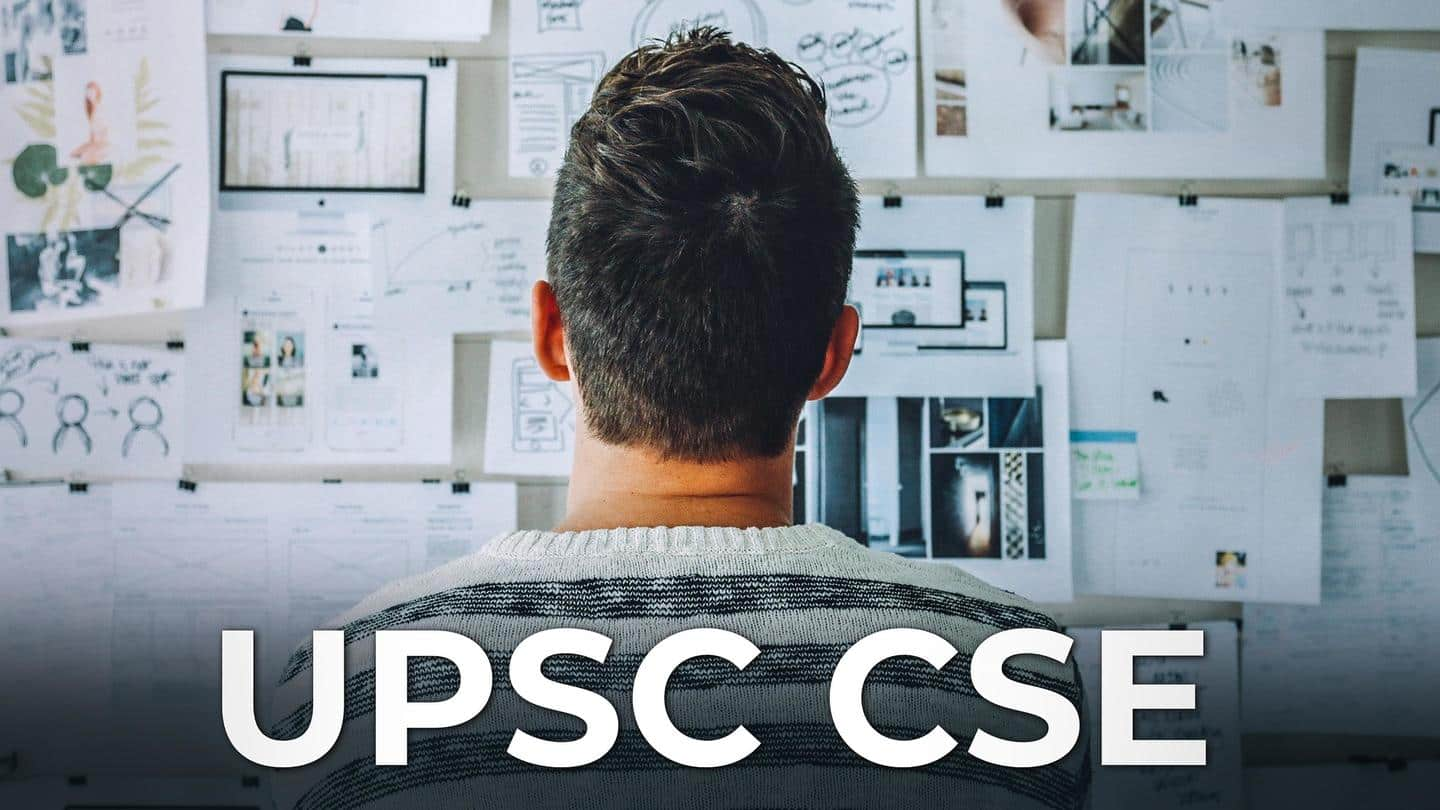
#CareerBytes: Dos and don'ts of UPSC CSE exam preparation
What's the story
The Indian Civil Services are a dream for lakhs and many spend years preparing to crack the UPSC Civil Services Examination. It is one of the toughest exams but one can clear the IAS exam with the right preparation. However, most candidates don't get qualified because of preparation flaws and pay a heavy price. So, here are some dos and don'ts of UPSC preparation.
About
The different stages of UPSC Civil Services Exam
UPSC CSE is conducted in three stages: Preliminary examination (Prelims), Main exam (Mains), and Personality Test (IAS Interview). Prelims consist of two objective type papers: General Studies and Civil Services Aptitude Test (each carries 200 marks). Mains comprises 9 subjective papers (two papers carry 300 marks each and 7 others carry 250 marks each). The final phase is the Personality Test/Interview (for 275 marks).
Dos #1
Prepare a proper schedule and focus on basics first
It's essential for UPSC aspirants to have a proper plan to cover the vast syllabus. They should start preparing in advance and have short-term and long-term study plans/goals. One must focus on fundamentals (including NCERT books) before moving to advanced concepts. Also, consulting too many books may create confusion. Having just 2-3 good books per topic is recommended as it also saves their time.
Dos #2
Solving question papers and taking mock tests is essential
Aspirants must regularly solve previous UPSC question papers, practice papers, and take mock tests to understand the pattern and manage time better. They must also read newspapers and general books for enhancing knowledge, reading and writing skills, and current affairs. They should give equal importance to all topics, sections, and stages of the exam and allot sufficient time to prepare for the same.
Don'ts #1
Do not deviate from syllabus or buy too many books
Aspirants must not deviate from the UPSC syllabus as questions asked in the exam are based on the given syllabus. They should not ignore the basics and NCERT books, as some questions are based on fundamentals, too. One must avoid buying too many books or collecting too much material to study for the UPSC exam as it would be a waste of time.
Don'ts #2
Don't mug up, instead focus on deeper understanding of things
While preparing, aspirants must not simply mug up things but instead focus on learning/understanding important issues and events and getting a grasp of topics. Moreover, choosing the optional subject is a critical decision, and aspirants must not select one without considering factors like their educational background, interests, and comfort level. Also, the lack of consistent preparation, practice, and revision may hamper their preparation process.